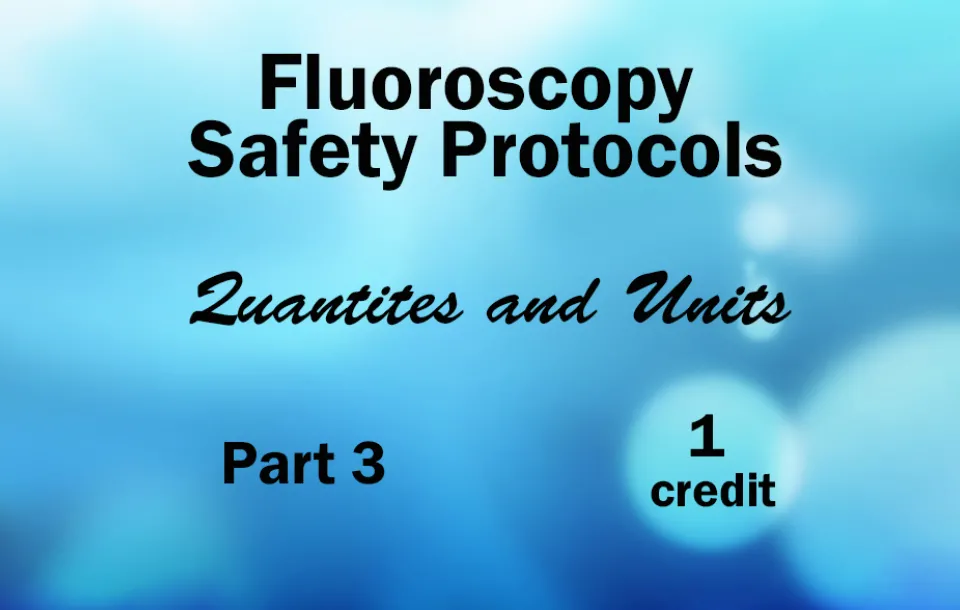
Fluoroscopy Safety Protocols- Quantites & Units: Part 3
Credits
- 1.25 ASRT Category A
About this Program
This program will discuss the reasons for the development of radiation units in the documentation of radiation effects, in addition to current monitoring. Physical quantities such as air kerma will be considered, as well as biological quantities such as organ sensitivity. Furthermore, the advantages and disadvantages of various monitoring devices will be examined in this program.
Agenda:
Radiation Quantities & Units
- Development of Radiation Units
- Radiation Monitoring
- Study Radiation Effects
- Physical Quantities
- Exposure
- Absorbed Dose
- Air kerma
- DAP
- Biological Quantities
- Equivalent Dose
- Effective Dose
- Organ Sensitivity
- Application of Units
- Various Detector
- Pros & Cons
How it Works:
- The On Demand CE activity that you purchased will be located in your “My Account” section once you log into the MTMI Website.
- You have three attempts to pass each quiz.
- You must earn a score of 75% or higher.
- Credit is recorded the day you submit and pass the quiz and is determined using Central time.
- You have 30 days to complete and pass the quiz.
- Once passed, access your MTMI “My Account” to print your “Certificate of Completion.”
- This video expires 1 year after purchase date.
Educational Objectives
At the completion of this program, participants will:
- Recall the units used for absorbed dose and effective dose
- Convert rem to Sv
- Explain what “reference point” is and why it is important
- Identify the instrument that one would use for a scatter survey
Program Faculty
Meet your presenter(s)
Joseph Mahoney
DABR
Credits
Accredited training programs
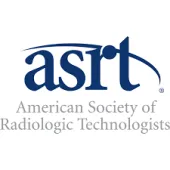
ASRT Category A
This program provides 1.25 hour(s) of Category A continuing education credit for radiologic technologists approved by ASRT and recognized by the ARRT® and various licensure states. Category A credit is also recognized for CE credit in Canada. You must attend the entire program to receive your certificate of completion.
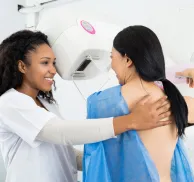







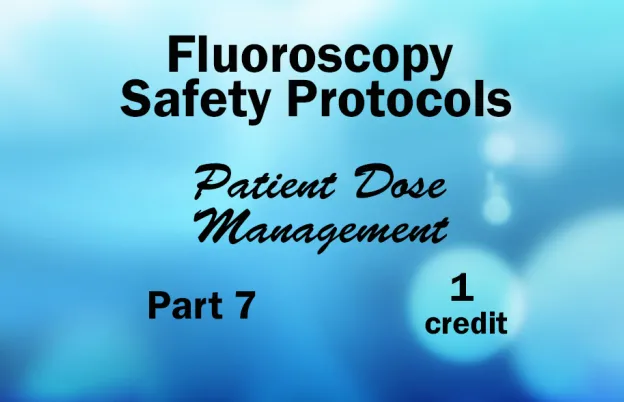

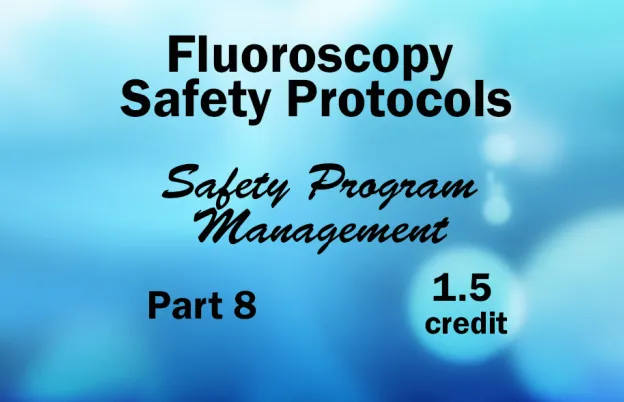

 at checkout.
at checkout.